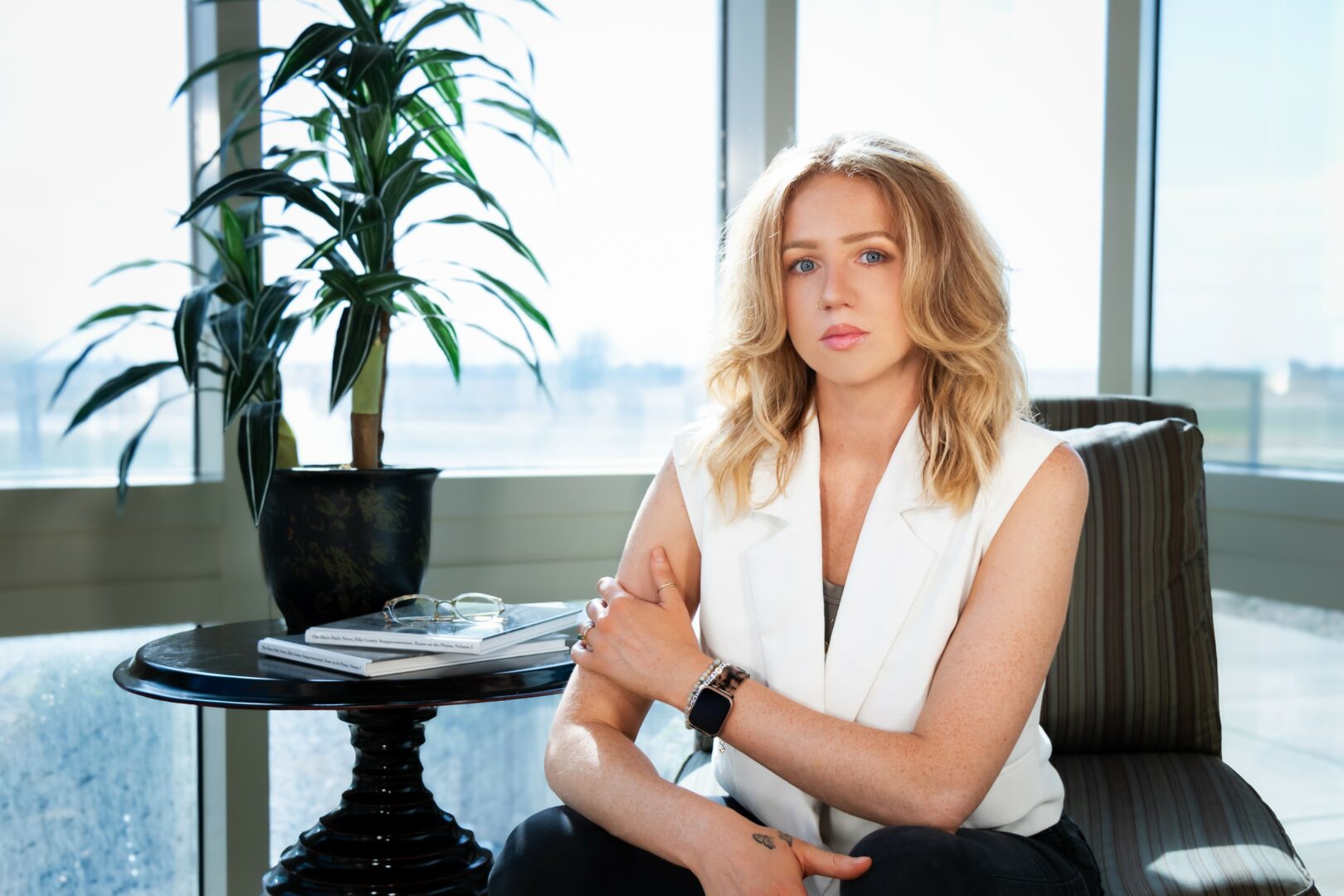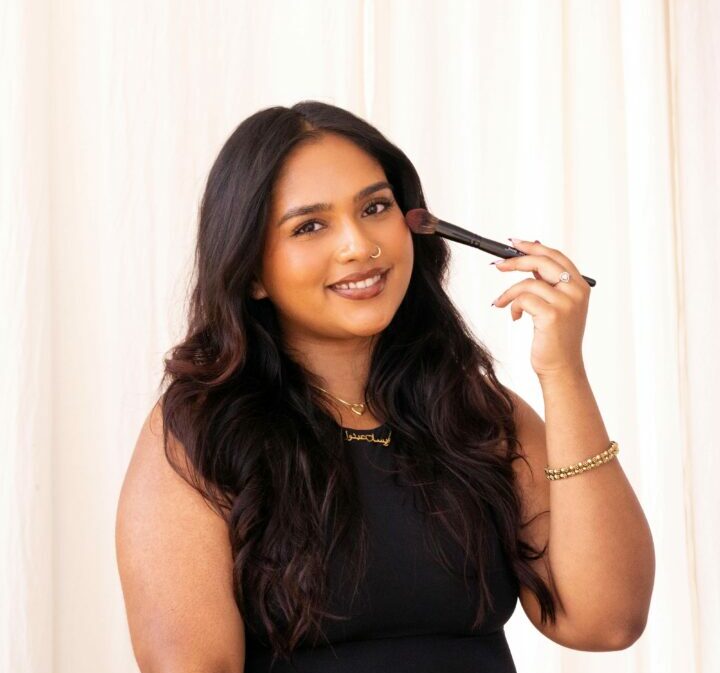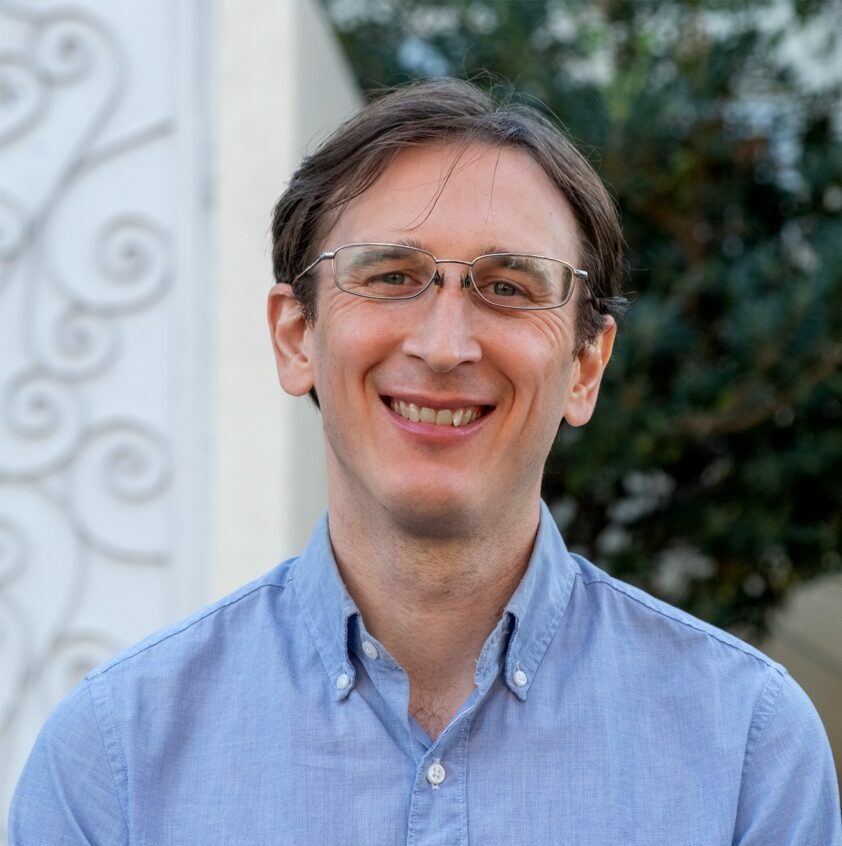We were lucky to catch up with Sepehr Davalloukhoungar recently and have shared our conversation below.
Hi Sepehr, really happy you were able to join us today and we’re looking forward to sharing your story and insights with our readers. Let’s start with the heart of it all – purpose. How did you find your purpose?
Ever since I was a teenager, I felt music was a space to express myself, find solace, and give an extra layer of depth and meaning to my life. Every special experience in my life is colored with some sound or music attached to it. Music has been one of the things that draws intense dedication from me and I never tire from learning about it, and discovering new repertoire and broadening my experience of it. Throughout the years, as my experience of music has grown, the purpose associated with it has also changed and morphed into something deeper. It could be said that as I keep growing as a musician, my sense of purpose is shifting from merely my own curiosity and passion to becoming more and more about sharing with others, telling a story and connecting with others through music.
I have had friends tell me that a specific moment during one of my performances made them cry or that the music took them on a journey they never could have imagined before, and in those moments my mind would say that’s it, that’s why I do this. It was easy to choose music because I connected with it on the deepest personal level, but the moment I found my purpose was when I realized what I want to do is to express myself so specifically and honestly during music making that another listener or audience member might have their whole life change through a moment of musical experience. That kind of sharing and communication is what keeps me going and gives me purpose everyday. Music is so direct and untouched by the complex and sometimes paradoxical nature of our minds, that it is the perfect medium to cut through the ambiguity of words and connect all of us humans on a level rarely possible otherwise. I believe that’s where the magic of sound comes from, and that’s what I strive for in my music making.
Today, among the many projects I am engaged in, the ones that make me the most excited and passionate are ones where I get to curate a recital, tell a compelling story through programming and connect with new poeple, while exploring new repertoire.


Thanks for sharing that. So, before we get any further into our conversation, can you tell our readers a bit about yourself and what you’re working on?
I am a pianist, who focuses on a very specfic field and corner of classical music. My specialty is vocal music and I almost exclusively work with singers, in operas and in song and artsong recitals. This puts me in direct contact with many genres and infinite sources of inspiration and that is one of the many reasons I love it so deeply; There is never a day without new repertoire or coming across some masterpiece you have never seen before. I chose this specific field after finishing my first graduate degree in collaborative piano. After getting my feet wet in both instrumental and vocal worlds of collaborative piano, I found that philosophically the way I hear music and analyze it internally has a lot in common with singers’ approach and that the power of text and poetry is for me a gateway into understanding arts as a whole. That’s when I decided to focus solely on working with singers. Moreover, the story and the drama of theatre and opera reconnected my on such a deep level with the days when I fell in love with music, that I knew that’s where I need to go next. Watching my first operas brought back the passionate love I had for music which had slightly dulled through the laborous years of studying it. It made me stand up and say I know why I am doing this and this was so invigorating for me.
I have been on this journey ever since and it has taken me to so many wonderful places. In the opera world, I serve many functions: Sometimes I am a repetiteur, the pianist who “repeats” the orchestra part in the absence of the orchestra during the staging process. Orchestras are so expensive to have during the staging process, and a hundred musicians probably won’t appreciate having to play one scene over and over again in a four hour rehearsal while the director works with singers to map out the staging. That’s where the repetiteur comes in. The repetiteur has to work in close collaboration with the conductor and is sometimes referred to as the assistant director or conductor, as they will be the one in charge of preparing the conductor to stand in front of the orchestra. Together they will coach singers, fix issues that come up, and try to prepare for what might be challenging when the orchestra joins in. The conductor and the pianist are the leaders of the musical team and together they work closely with the stage director as everyone tries to figure out what works out dramatically with the music and what pacing might work best for a certain theatrical effect; Should we move right into the next scene or take a small pause? I also serve as coach, which means I would work with the singers in private coaching settings, working with them on issues such as phrasing, their diction, musicality, cueing issues and many more. Depending on the orchestration, I might also play keyboard instruments like celesta or harpsichord in the orchestra pit during the performances. This puts me in many wonderful and exciting musical projects and watching this process close-up is so rewarding.
As a song interpreter and recitalist, I work with singers on repertoire from all across the world to curate recitals and programs that draw audiences into the world of text and poetry. The repertoire of this corner of classical music is endless and it takes the musicians and audiences alike to all parts of the world. Everywhere you look, almost every culture has explored the close relationship of poetry and music. I study many languages deeply to understand and be able to analyze songs. To be able to access the true intentions of composers, I would need to do much research on the culture where the songs originate from, read about the poets and then study the text and poetry closely. Then, I try and imagine myself being the composer and ask questions like “why this melody on this phrase?”, “why is the music in this key, what informed this texture or chord progression going from verse to verse?”. This back and forth gives away clues as to what the composer felt or thought when they read the poetry. It is an extremely detail-oriented work but fantastic when it all comes together. In this realm I frequently work with my wonderful soprano duo Alexander Henderson. We were finalists together in the prestigious “Federation of the Art Song” fellowship award, and we will soon present a recital of all folk music at the Zimmerli Museum representing FAS. The recital is titled “Folklore” and features music of Spanish, Greek, French, Persian, American, and British origin. We have many more exciting projects lined up, so stay tuned for our future performances.
Currently, I am also working on expanding on a project I started named “Music of the Iranian Diaspora” that serves to put a spotlight on new music from my own native culture where poetry and music are so intertwined that their separation is almost impossible. We had the first recital series of the project in December at the New england conservatory and Brookline public library and we are planning on starting the next phase this upcoming Summer. During the second phase of the project we are planning to bring together a group of wonderful musicians together and publish a call for scores where composers could write new music based on the instruments and settings we have. This would be a themed concert program that will inspire many impactful collaborations and hopefully will foster some that will lead to amazing new creations and recordings of masterpieces.
Finally, another one of my upcoming projects will be playing principal harpsichord and serving as one of the pianists on an exciting project of bringing to life one of the first big operas in history, Claudio Monteverdi’s “L’incoronazione di Poppea” at the New England Conservatory in April. This brand new edition and orchestration is done by Tim Ribchester and is sure to be an exciting production.


There is so much advice out there about all the different skills and qualities folks need to develop in order to succeed in today’s highly competitive environment and often it can feel overwhelming. So, if we had to break it down to just the three that matter most, which three skills or qualities would you focus on?
I believe the most important qualities that have kept me going thus far are: First and foremost openness and really being willing to take new experiences and extreme challenges with an open heart knowing I will grow wiser and more experienced out of them. In hindesight, I feel really proud of myself for taking on new journeys in spite of knowing that big challenges will be lying ahead. These experiences have given me many stories to tell, and have painted my life with colorful insights that inevitably and hopefully make their way into my music making. Second, is my language skills and my skill with people, I definitely believe that I am a people person, and my knowledge of many languages can easily make me be the person in a room full of people who can connect bridges between people and allow everyone to be relaxed, resolve conflicts and I believe that has helped me especially in big rooms of opera productions where there are many people working. I am almost never opiniated and have this odd capacity to always find myself trying to view every situation through the eyes of others. While not always and easy trait to have, this is definitely a big part of my personality and I am learning to view it as more of my strength. Finally my commitment to never being satisfied until I have achieved the highest quality possible, -which I believe never arrives- and that’s why I always keep going forward and never stop. Aim for the extraordinary but try to feel relaxed in where you are right now.
To give advice to folks, I would say always be open to accepting new challenges and never be afraid to correct course, improve what you can and accept what you can’t. Always try to put yourself in other people’s shoes, form less conclusions and keep an open heart.


As we end our chat, is there a book you can leave people with that’s been meaningful to you and your development?
“Effortless Mastery” by Kenny Werner has definitely been THE book for me. It not only was the begining of a long and ongoing journey of self trust, and tuning into the moment, but also it opened my eyes so much about practicing, listening to music, music industry and the academic world of classical music, what it is about, what music making is even about, that it made me pursue the next book and then the next book, on similar topics. This journey of books, have changed how I practice, and how I learn music for the better, and have even affected my other practices such as yoga, and my relationship towards my body in general. The mind/ body connection is one of the biggest mysteries for everyone in the performing arts and I have been reading so many similar books on similar topics that have expanded my in depth knowledge of music creation. I always think of this book as the start of this long but very fulfilling and important journey. Big Recommend.
I believe this book has also made me a better educator. As a piano teacher who teaches many students at different levels and with different personalities, I have seen how the knowledge I have derived from this book and similar ones has enabled me to see through the minds of students and being able to identify what is stopping them from being their best and this allows me to be the most helpful in helping them overcome obstacles. I have one student in particular who makes me so proud everytime he plays, and I owe it to this book in how much I have been able to help.
Some nuggets of wisdom inspired from this book: pay attention to the relationship of a movement the body makes and what the mind is seeking to achieve, is the movement you are making conscious, or unconscious. Understand that the mind learns and the body carries out. Music is played with ears not the fingers. In this process you need to trust that the body will discover the best movements, if you lead with with your musical ears.
Contact Info:
- Website: https://www.sepehrdavallou.com


Image Credits
Sepehr Davallou with soprano Vanessa Naghdi
Sepehr Davallou along with soprano duo Alexandra Henderson
Sepehr Davallou with soprano Sydney Pexton
Sepehr Davallou with soprano Mara Riley
Sepehr Davallou with clarinetist Sophie Ross
so if you or someone you know deserves recognition please let us know here.




